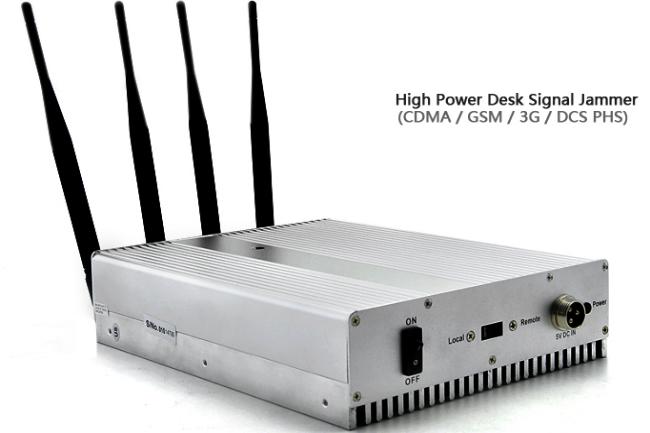
The Federal Communications Commission has issued a whopping $34.9 million fine, its largest ever, to Chinese online retailer CTS Technology.
The FCC alleges that CTS Technology marketed nearly 300 signal jammers in the United States over more than two years. It is illegal to advertise, sell, and operate a signal jammer in the United States due to its ability to block 911 and other emergency calls, as well as communication between law enforcement. According to the FCC, CTS Technology also lied to consumers by saying that the signal jammers were approved by the FCC for consumer use.
The jammers, 10 of which were sold to FCC personnel, were allegedly able to block cell signals, Wi-Fi, Bluetooth, satellite radio, and GPS, among others. Some jammers were even effective up to half a mile away. Regardless, the FCC doesn’t take the sale of signal jammers lightly.
“Signal jammers present a direct danger to public safety, potentially blocking the communications of first responders,” said FCC enforcement bureau active chief Travis LeBlanc in a statement.
Along with the $34.9 million fine, the maximum penalty that can be issued for such an offense, CTS Technology is ordered to halt the sale and marketing of signal jammers in the United States. Lastly, the online retailer is ordered to hand over information about those who purchased signal jammers from it. CTS Technology can appeal the the fine or ask for a reduction, though it will have to pay up within 30 days if it doesn’t do so.
The FCC seems to take signal jammers very seriously. Earlier this year, it fined a man $48,000 for using one while on the highway. At least he wasn’t fined $34.9 million, however.

